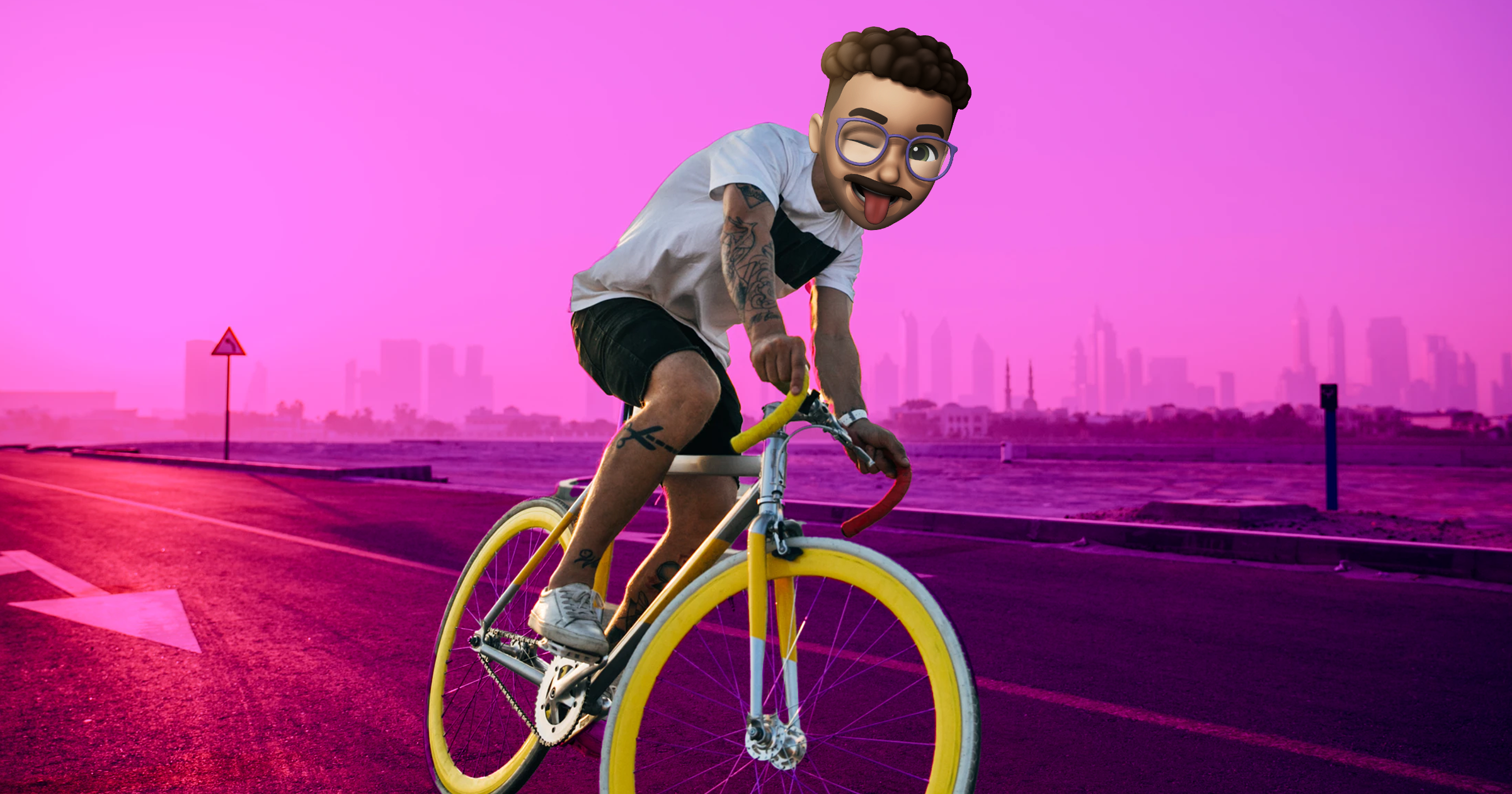Humans are, by nature, living contradictions. I’ll spare you the philosophical waxing and keep it brief: about a month ago I fell off my bike and got a (very) minor concussion.
This was the first time it ever really occurred to me that bike accidents are incredibly likely. They can happen without any serious mistake on anyone’s part, and even very minor accidents can lead to painful outcomes. In my case, I went for a bike ride without a helmet with a podcast playing through my AirPods a little louder than usual. I looked over my shoulder for a second too long and the next thing I knew, I was on the ground.
From the above paragraph it’s clear that I did many things wrong:
- I got distracted for too long
- I was wearing AirPods
- I was not wearing a helmet
Of course, I am far from the only person who does this. Walk around any city and you’ll see a circus of people taking all kinds of mindless risks, from texting while cycling to balancing another person on the bike. Yet, if you survey a sample of those people, I would bet that a surprising number would be afraid of something that is actually orders of magnitude safer. In my case, that would be flying.
The moment I got into the ER after falling, I was immediately reminded of the first thing I learned during my interaction design degree: cognitive biases. In the case of unsafe cycling, there are many egocentric biases at play but the most prominent would be the illusion of control. That is to say, many people who are afraid of flying will gladly get into a car or ride a bike because we feel as though we have more control over those vehicles. What my fall has taught me is that this control is false. Even without any clear external factors, we’re not as in control of our minds as we think.
I’ve since started cycling again, and I’m happy to see that I haven’t developed any lasting fear of bikes. Of course, now I cannot bike with AirPods and I’ve purchased a fancy helmet with an embedded light. However, I need to remind myself that a helmet isn’t really full protection either. In fact, our brains have a funny way of reacting to wearing helmets. In this study, researchers found that people who wear helmets end up choosing riskier options 50% of the time when wearing a helmet. Turns out this is also a cognitive bias: Risk compensation—or the Peltzman effect.
It’s odd how an organ responsible for keeping us alive can fail in such quirky ways when faced with the super-natural environment of the modern world. I’m afraid of flying, the scientifically proven safest mode of transport, and I bike without a helmet—or at least I used to. I just hope that this experience combined with the awareness of these biases will fix the first part of that sentence for me. Unfortunately due to the dramatic nature of plane crashes, the salience bias will make that one harder to change.
